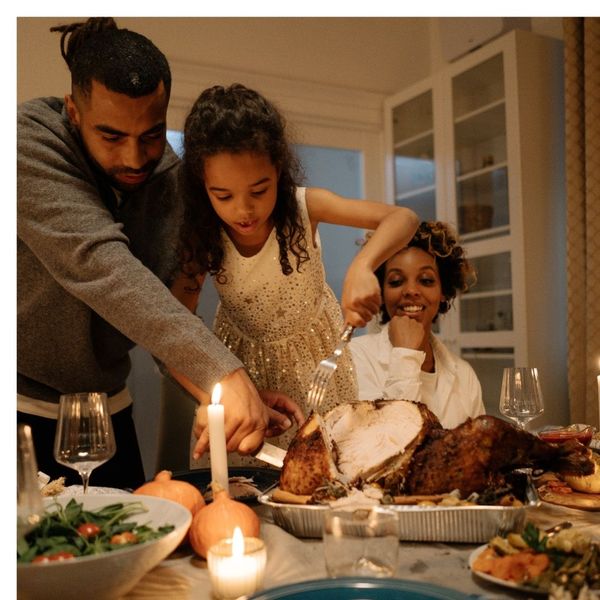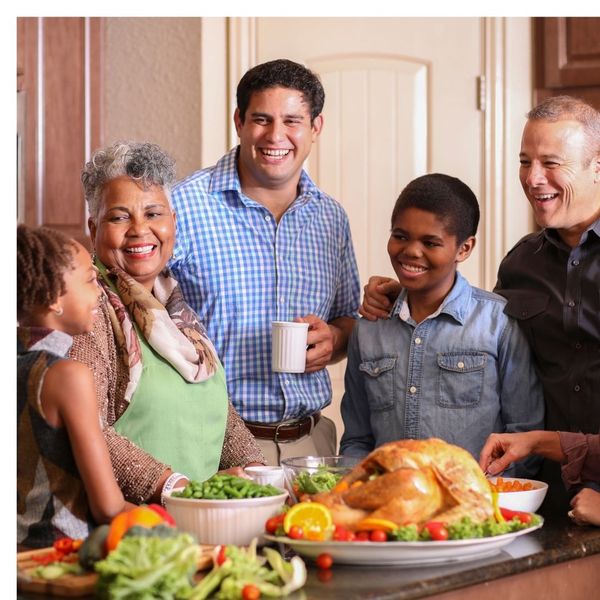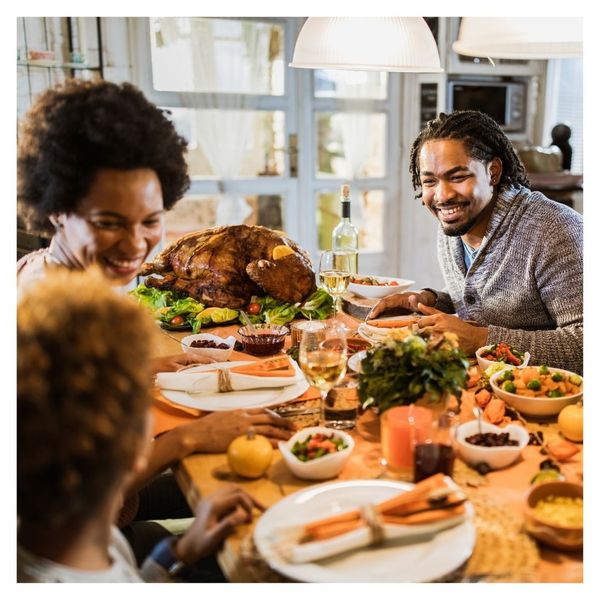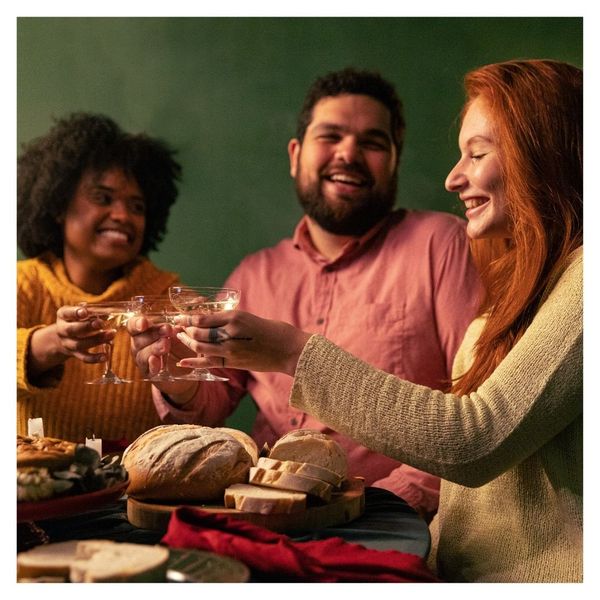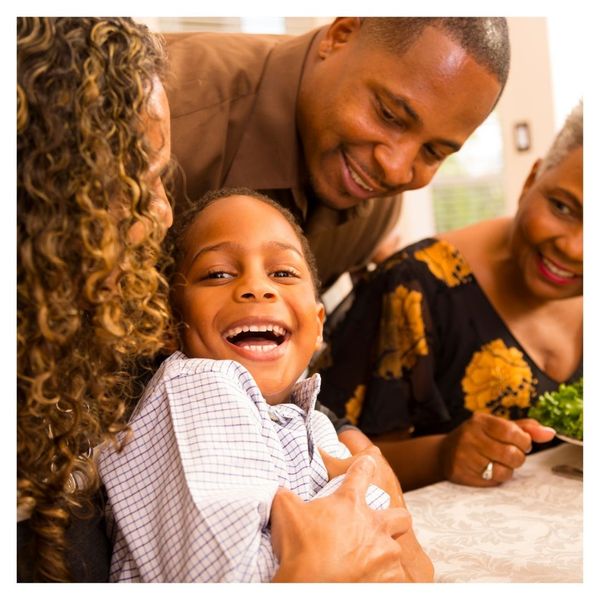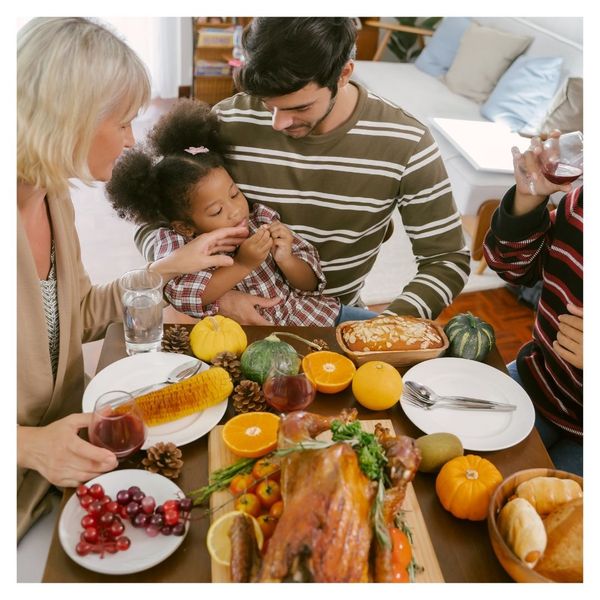Thanksgiving is a time to reflect on gratitude and gather with loved ones, but for many, it also stirs up a complex mix of emotions. Joy may coexist with stress, nostalgia with sadness, and gratitude with unresolved pain. While it’s tempting to push aside difficult feelings to focus solely on the “positive,” doing so can lead to unintentional self-gaslighting—a dismissal of your genuine emotional experience.
The truth is, we are wired to hold duality. This Thanksgiving, let’s embrace the both/and of life: the idea that we can feel grateful and overwhelmed, connected and isolated, hopeful and uncertain. Here are practical tips and psychological insights to help you navigate this holiday season while honoring the fullness of your emotional landscape.

